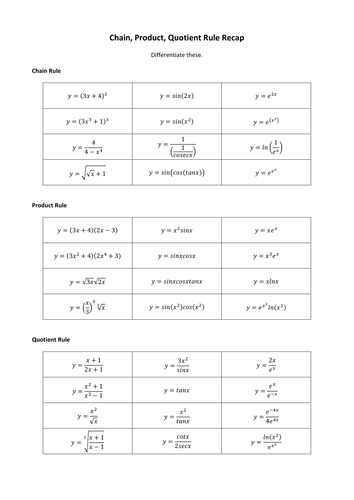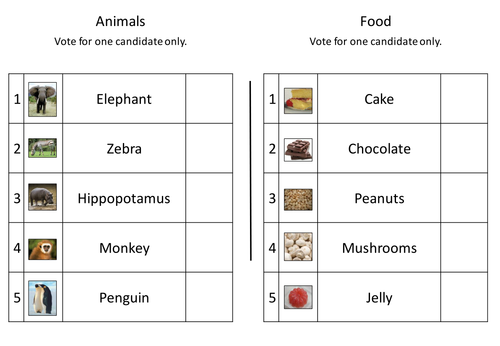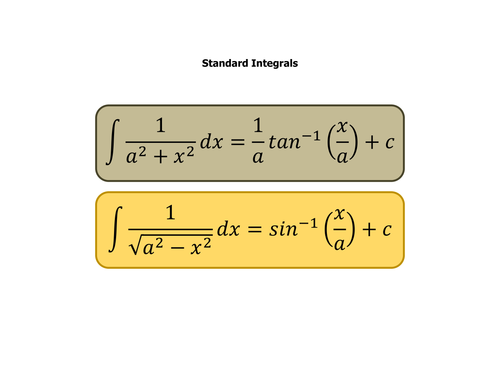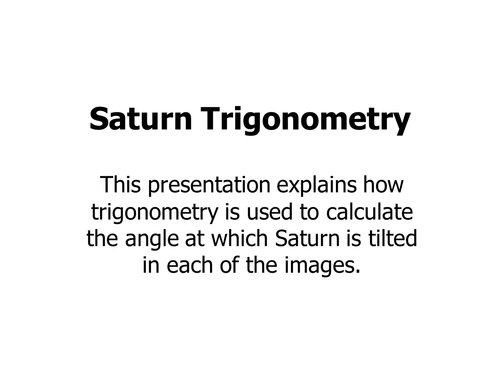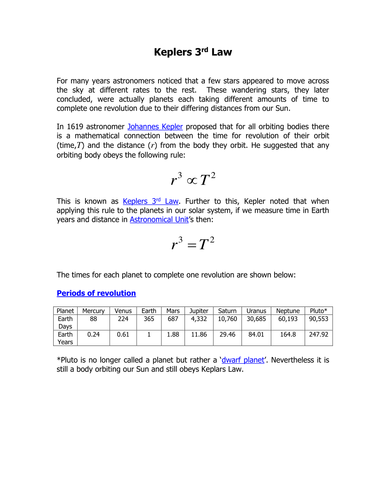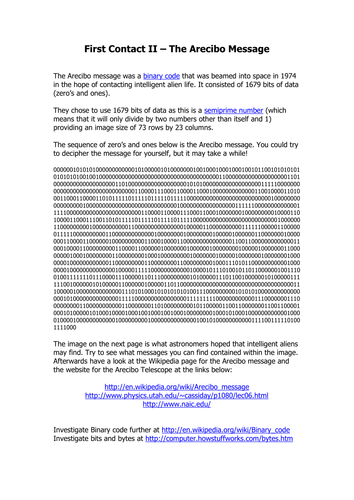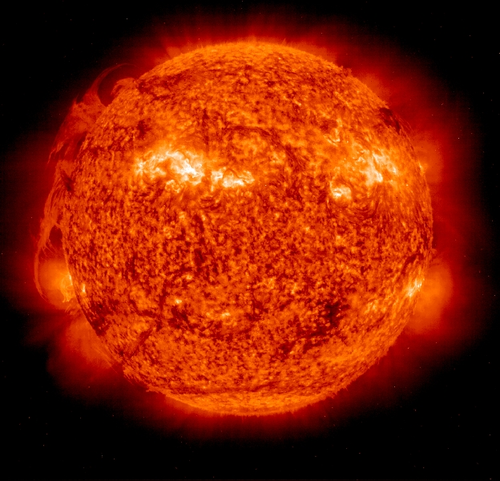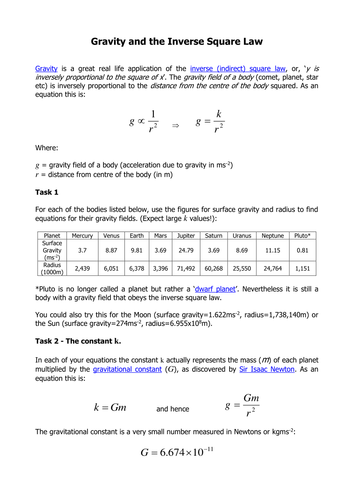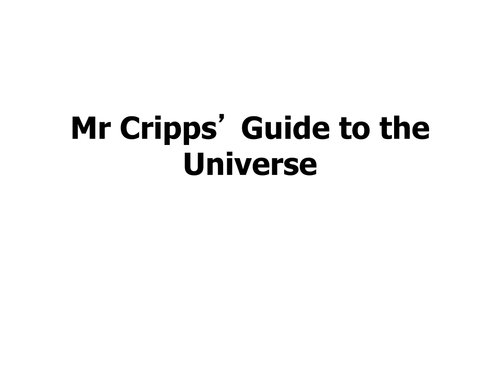Colmanweb
Graham Colman has been a UK high school and sixth form maths teacher since September 2001. Here you'll find a wealth of great maths and space science resources which have been used, tried and tested and actually work in the classroom. Graham runs his own popular maths website at www.colmanweb.co.uk where you'll find many more resources like these. You can email Graham at grahamcolman@colmanweb.co.uk











